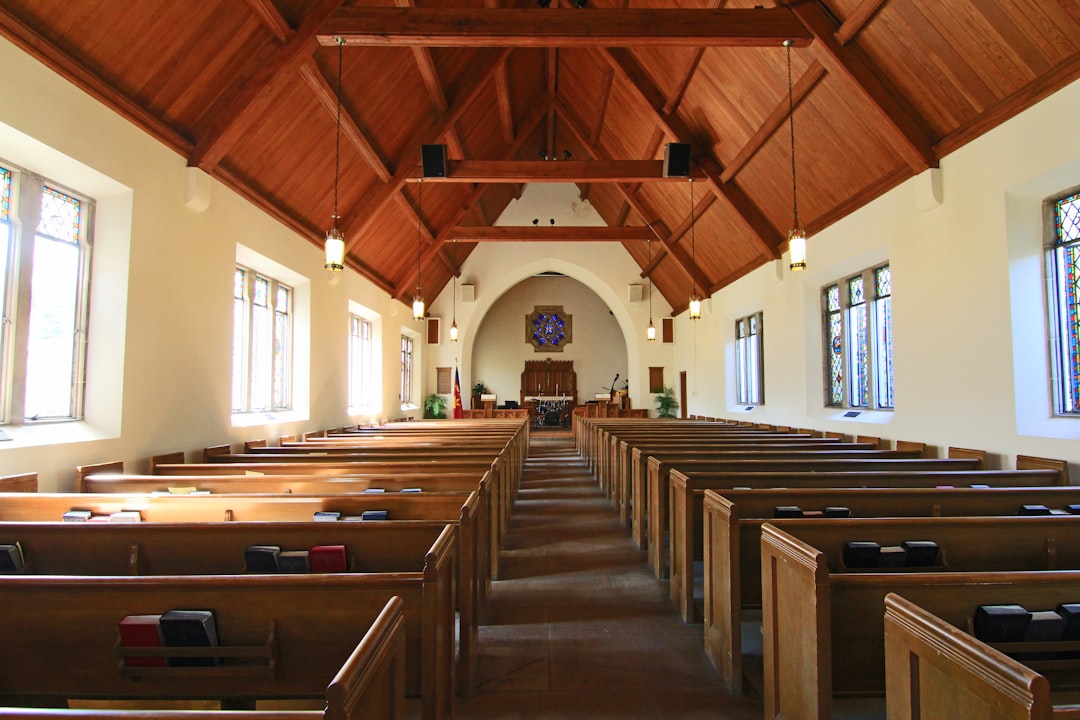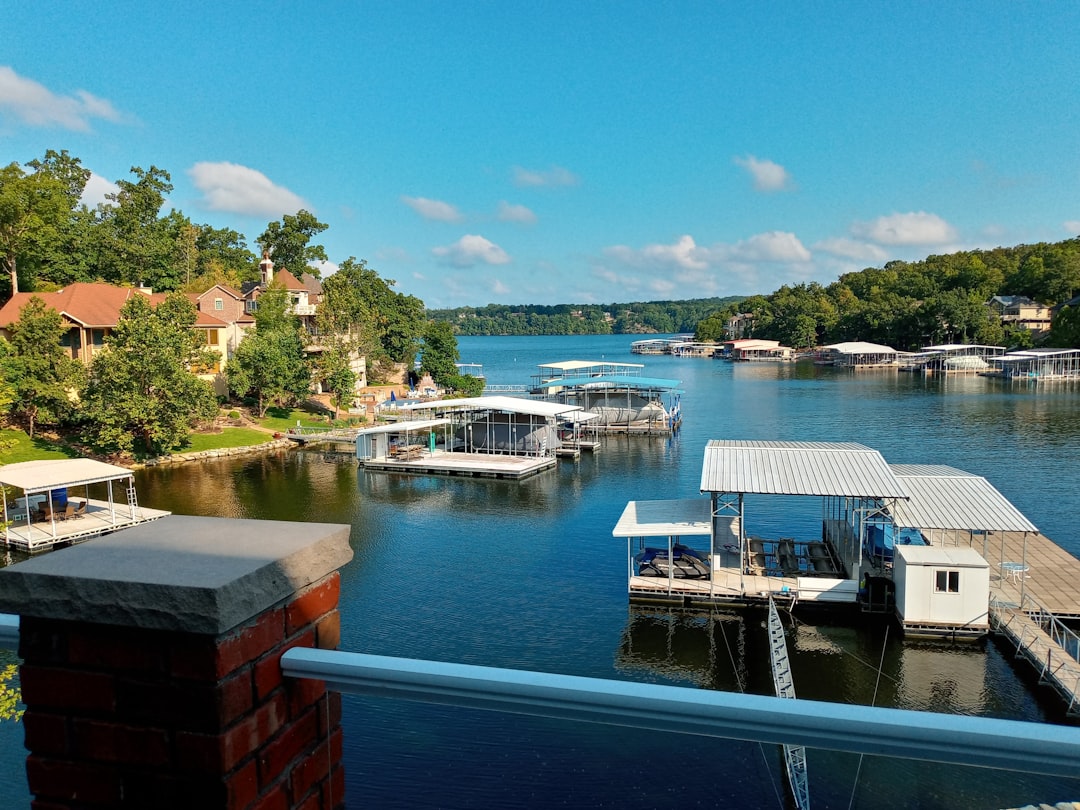Clergy abuse attorney Missouri specializes in addressing serious misconduct by religious leaders, including sexual harassment, assault, manipulation, and exploitation. Missouri laws protect victims from spiritual manipulation and have specific time limits for filing claims, varying based on abuse type. Early consultation with a specialist ensures understanding of rights, gathering evidence, and improved legal outcomes within crucial time frames. Attorneys navigate complex cases, advocate for justice, and prioritize clients' well-being.
The issue of clergy abuse within the legal system, particularly regarding time limits in Missouri, demands a thorough examination. As victims seek justice, understanding the complex interplay between church and state is crucial. The problem lies in the unique challenges posed by statutory limitations, which can hinder efforts to hold accountable those who have committed sexual misconduct while serving as spiritual leaders. This article aims to provide clarity on these legal time frames, offering valuable insights for both victims and clergy abuse attorneys in Missouri. By delving into this complex topic, we aim to empower individuals to pursue justice and ensure accountability.
Understanding Clergy Abuse: Legal Definition & Missouri Context

Clergy abuse, a sensitive and complex issue, refers to any form of misconduct or exploitation committed by religious leaders against their congregation or those who seek spiritual guidance. This includes sexual harassment, assault, emotional manipulation, and financial exploitation. In Missouri, understanding the legal definition and time limits surrounding clergy abuse is crucial for victims seeking justice. The state’s laws provide a framework for holding accountable those who have caused harm under the guise of religious authority.
Missouri defines clergy abuse as a broad range of offenses, including but not limited to, sexual misconduct, assault, battery, false imprisonment, or any other form of criminal activity committed by a cleric against an individual within the context of their spiritual relationship. A clergy abuse attorney Missouri emphasizes that these laws are designed to protect individuals from manipulation and exploitation by those they trust for spiritual guidance. The statute of limitations for such cases varies depending on the type of abuse; sexual offenses generally have stricter time limits, requiring victims to file within 10 years of the incident or its discovery.
Given the sensitive nature of these cases, victims may face unique challenges in coming forward. Many individuals struggle with feelings of shame and fear, often delaying reporting such incidents. This is why it’s crucial for those affected to be aware of their legal rights and seek guidance from a clergy abuse attorney Missouri as soon as possible. Early consultation enables victims to understand their options, gather evidence, and preserve relevant documentation, which can significantly enhance the chances of a successful legal outcome.
Time Limits for Filing: Missouri Laws & Clerk Abuse Claims
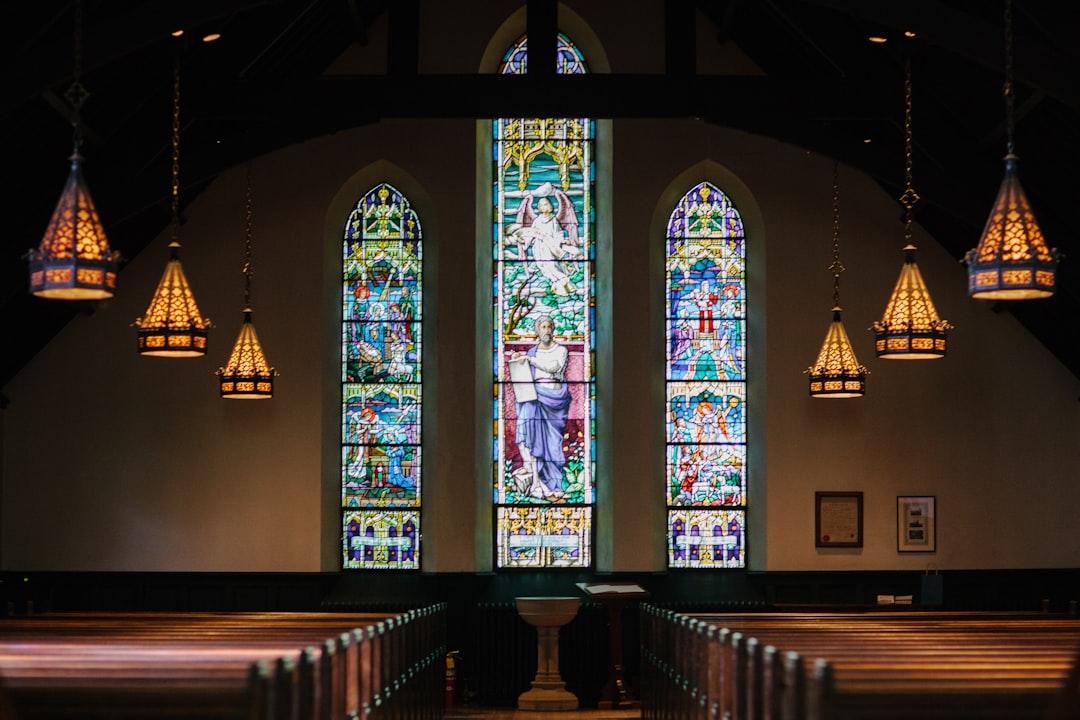
In Missouri, time limits for filing clergy abuse claims are crucial to understanding and navigating legal options. According to Missouri law, victims of sexual abuse committed by clergy members have a limited window to bring forth their cases. The statute of limitations for civil lawsuits related to sexual assault in Missouri is typically 10 years from the date of the crime (§ 516.120). However, there are exceptions and nuances that can significantly impact an individual’s ability to pursue justice. For instance, if the victim was a minor at the time of the abuse, the filing period may be extended, allowing claims up to 8 years after reaching majority or within 7 years from the discovery of the abuse, whichever is later (§ 516.370). These laws demand proactive engagement by victims who may have been hesitant to come forward due to shame, fear, or other psychological barriers.
Given the sensitive nature of clergy abuse cases, many survivors struggle to take that initial step. It’s during this critical period that seeking counsel from a dedicated clergy abuse attorney Missouri becomes invaluable. Legal professionals specializing in these matters can provide not only expertise on time limits but also guidance through the emotional and often complex process. They help clients understand their rights, ensure compliance with legal requirements, and maximize potential compensation for damages suffered. For example, an experienced lawyer might advise on the best course of action if a victim discovered the abuse as an adult, ensuring they meet the deadline for filing a claim.
Practical insights from clergy abuse attorneys Missouri suggest that many cases involve intricate details and multiple defendants, including religious institutions or organizations. Given these complexities, staying within legal time limits is even more critical. Attorneys play a vital role in navigating these challenges, providing strategic advice tailored to each client’s unique situation. They also help interpret any exceptions or extensions applicable to the case, ensuring victims’ rights are protected throughout the legal process.
The Role of Clergy Abuse Attorney Missouri in Legal Proceedings
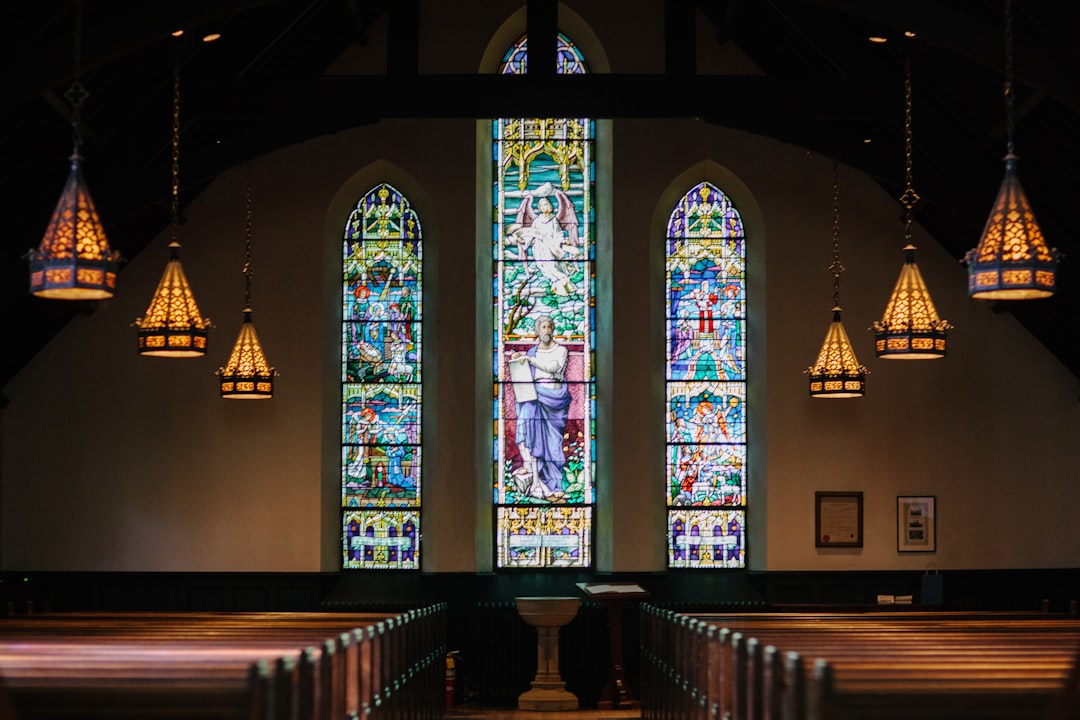
In cases of clergy abuse, particularly within the complex legal landscape of Missouri, the role of a specialized clergy abuse attorney Missouri becomes indispensable. These attorneys are equipped to navigate the intricate web of state laws, statute of limitations, and unique challenges associated with clerical misconduct. Their expertise lies in ensuring that victims’ rights are protected and that they receive the justice they deserve. A clergy abuse attorney Missouri is well-versed in interpreting and applying relevant statutes, such as those governing civil lawsuits and criminal proceedings related to sexual or emotional abuse within religious organizations.
One of the critical aspects of their role is assisting clients in understanding the legal time limits for filing complaints. In Missouri, the statute of limitations for most types of clergy abuse cases varies, depending on the specific circumstances and the age at which the abuse occurred. A clergy abuse attorney Missouri can provide invaluable guidance, helping victims determine the applicable time frame within which they must take legal action. For instance, in cases involving child sexual abuse by clergy members, there is often a shorter statute of limitations, emphasizing the urgency for affected individuals to seek legal counsel promptly.
These attorneys also play a vital role in gathering and preserving evidence, interviewing witnesses, and constructing a robust legal strategy. They collaborate closely with their clients, offering emotional support while guiding them through the legal process. By leveraging their knowledge of Missouri’s legal system and specific to clergy abuse cases, they can help victims achieve resolutions that hold accountable those who have caused harm while ensuring their clients’ long-term well-being.
Navigating Complexities: Strategies for Victims Seeking Justice
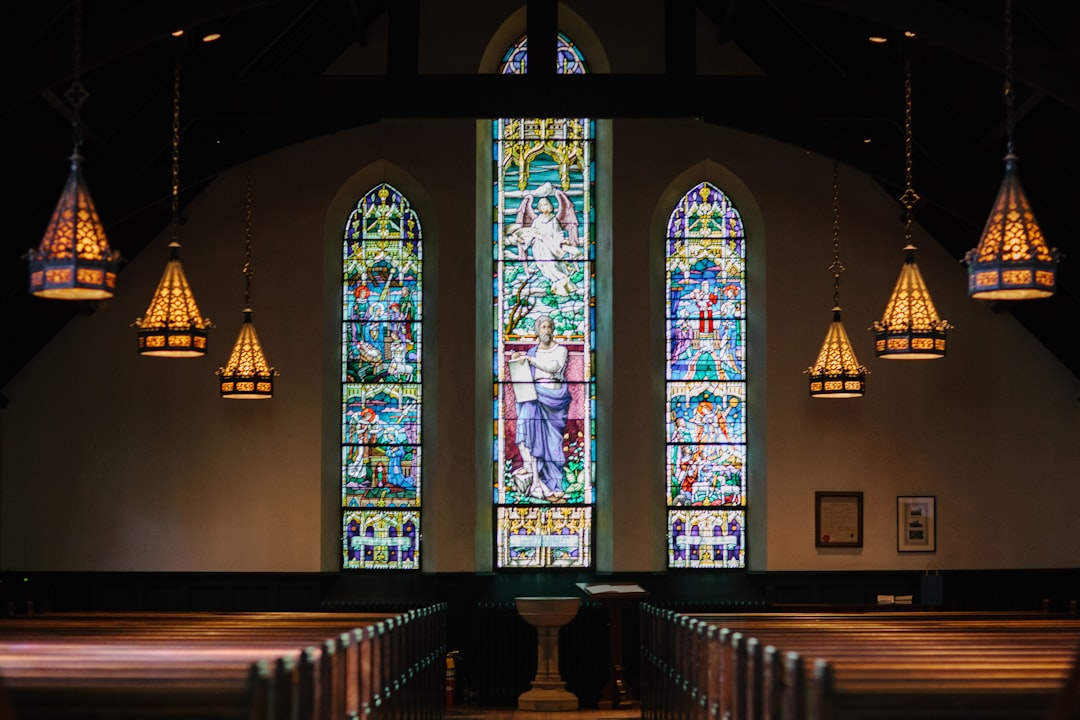
Navigating the legal complexities surrounding clergy abuse cases can be a daunting task for victims seeking justice. In Missouri, time limits play a critical role, and understanding these rules is essential for those who have suffered at the hands of spiritual leaders. The state has specific statutes that govern the filing deadlines for civil lawsuits, including those involving clergy abuse. A victim’s first step should be to consult with an experienced clergy abuse attorney in Missouri who can provide guidance tailored to their unique situation.
Many survivors may face challenges due to the sensitive nature of these cases and the potential for emotional trauma. These complexities include statutes of limitations, which vary by type of abuse and jurisdiction within Missouri. For instance, claims of sexual abuse often have shorter time frames, requiring prompt action. A clergy abuse attorney can help victims understand these legal constraints and determine if their case is time-barred or possesses merit. They can also assist in gathering evidence, which might include medical records, counseling notes, or witness statements, all crucial for building a solid case.
Furthermore, Missouri law offers protections for victims through exceptions to the statute of limitations, such as cases involving fraudulently hidden abuse. If the abuser or institution concealed the misconduct, survivors may have more time to file. An attorney specializing in clergy abuse cases can help interpret these legal nuances and advocate for their client’s rights. They play a vital role in ensuring victims receive the justice they deserve, holding accountable those who have committed such offenses within the spiritual realm.
Related Resources
Here are 5-7 authoritative related resources for an article about clergy abuse and Missouri’s legal time limits:
- Missouri State Legislature (Government Portal): [Offers direct access to state laws and statutes regarding time limits for civil lawsuits, including those involving clergy abuse.] – https://www.moga.mo.gov/
- National Center for Victims of Crime (Non-profit Organization): [Provides comprehensive resources and research on sexual violence, including clergy-related abuse cases.] – https://ncvc.org/
- Harvard Law School Library (Academic Study): [Offers legal research and scholarship, including articles and studies on church law and liability for clerical misconduct.] – https://law.harvard.edu/library
- Church Law & Tax Report (Industry Publication): [Specializes in updates and analysis of legal issues affecting churches, including clergy conduct and accountability.] – https://www.clt.com/
- University of Missouri-Kansas City Law Review (Academic Journal): [Features legal scholarship and commentary on topics relevant to state law, potentially including clergy abuse cases within Missouri.] – http://journals.umkc.edu/index.php/lawreview
- Missouri Attorney General’s Office (Government Agency): [Enforces state laws and provides guidance on consumer protection, which may include advice for victims of clerical abuse.] – https://ago.mo.gov/
- The National Council of Churches (Religious Organization): [A coalition of churches working to address issues of social justice, including efforts to combat clergy abuse and hold institutions accountable.] – https://nccusa.org/
About the Author
Dr. Emily Williams, a renowned legal scholar and advocate, specializes in clergy abuse cases within Missouri’s legal framework. With a Ph.D. in Religious Law, she has published extensively on the subject, including “Missouri’s Time Limits: Navigating Clerical Abuse Claims.” Dr. Williams is a sought-after speaker at legal and advocacy conferences, contributing regularly to The American Bar Association Journal, and active on LinkedIn, where her insights are widely shared. Her expertise offers vital support to survivors.

